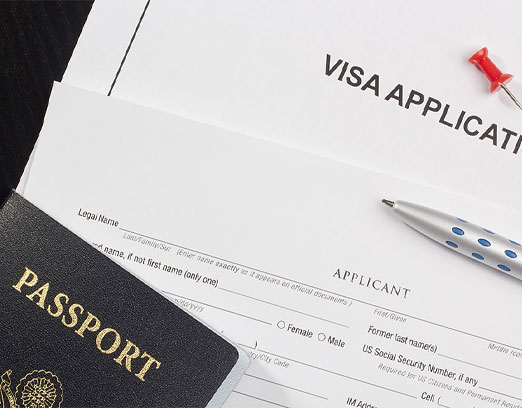
October 10, 2019
Citizenship to Robots
Recently, the Kingdom of Saudi Arabia made headlines with its act of granting honorary citizenship to Sophia, a humanoid robot. Though the move has been criticized for various social and ethical reasons, it certainly raises a question of importance in present times where artificial intelligence is being developed at an accelerating pace: can a robot be granted citizenship of a country?
Experts are concerned that granting citizenship to a robot is detrimental to technology and the civil society. Firstly, citizenship is conferred to those with a unique identity, which is naturally possessed by human beings in various forms, such as our fingerprints and iris. Robots lack features that are naturally unique to their individuality. Secondly, what are the legal rights and duties of robots? Granting citizenship to robots implies conferring on them the same rights and duties as that of an ordinary citizen. Citizens of a country, by virtue of their existence as human beings have civil, political, economic, social and cultural rights and duties. There are apprehensions about whether a humanoid robot can exercise such rights and perform duties that citizens perform. For example, it is not practical to allow a robot to vote in elections or hold political positions in a country or even to engage in relationships with human beings. It is imperative to understand that irrespective of how human-like the characteristics possessed by a robot are, such characteristics are not naturally imbibed in them, but exist because those characteristics are mechanically installed as a part of their features. Experts have criticized the act of granting citizenship to robots as demeaning to the concept of human rights of actual living and breathing human beings, especially in a world where millions of stateless people continue to struggle for recognition and protection as citizens of a country.
On the other hand, considering the existing and expected proliferation of artificial intelligence and robotics, experts have considered the necessity of granting personhood status to robots in order to address issues relating to their rights and liabilities. The lack of personhood causes difficulty in determining liability in case of damages. For example, devices like self-driving cars are deployed by human beings, but act independently of human instructions; thus, who would be held liable in the event of an accident? In consideration of such questions, the European Union is presently considering the possibility of granting the status of “electronic persons” to autonomous robots. In January 2017, the Committee on Legal Affairs of the European Parliament proposed a motion to create a separate legal status for robots, which was adopted by the European Parliament on February 16, 2017 as the Civil Law Rules on Robotics. However, it has been clarified by Mady Delvaux, the Member of European Parliament who presented the report to the public that the intention of the report is not to classify robots as humans, but to grant robots a legal status similar to that of corporate personhood. It is thus, important to note the difference between being conferred with citizenship and being granted a legal status. Legal status does not entitle an entity to citizenship.
As far as India is concerned, the penetration level of artificial intelligence remains low, but is steadily expected to increase over a period of time. Under the Constitution of India and the Citizenship Act, 1955, only “persons” are capable of having citizenship. India has not yet recognized personhood rights of entities comprising artificial intelligence. In P.A. Jacob v. The Superintendent of Police, Kottayam & Anr., the Kerala High Court observed that a right can only belong to a human personality, and not to a mechanical device. It is not permissible to upgrade a mechanical device to a human faculty; thus, a robot cannot enjoy the freedoms and rights listed under the Constitution of India. This observation was reiterated by the Supreme Court of India in 2005 in the case of In Re: Noise Pollution – Implementation of the Laws for restricting use of loudspeaker and high volume producing sound systems. However, with the growing scope of artificial intelligence, whether this observation of the Indian Courts would be applicable in the future is an open question, only to be determined in due course of time.
Isha Kalwant Singh, Legal Intern
(Keywords: Citizenship, Legal Status, European Union, Robots)
